The Federal Reserve’s Open Market Committee meets this week amid a frenzy of speculation in financial news and related media. Will the Fed raise interest rates or will it wait? Bloggers obsess and breathless interviewers question the pundits as though the fate of the economy hangs on this one decision.
The question at the core of all the speculation is whether the Fed will raise a short-term interest rate called the federal funds rate by one-quarter of one percentage point or hold off until later this year. The decision to raise could make mortgages and other loans a teeny bit more expensive, but the effect on the economy will be hard to detect.
So why all the fuss?
The main reason is that the Fed is the only economic policy-making institution in Washington that is functioning. True, small changes in monetary policy are unlikely to make much difference in how fast the country’s economy grows or how the benefits of growth are shared. The decisions that determine the U.S. economic future involve who pays taxes or benefits from federal spending programs, how the debt is managed, what energy sources are favored, and what rules govern trading with other nations. But the officials voters elect to make those crucial decisions have been stuck in gridlock for years and are now AWOL for the duration of the election. Today, many in Congress act as though avoiding a government shutdown is successful governing. This leaves the Fed as the only policy game in town.
Moreover, the FOMC decision is easy to comprehend—move up or stand pat—and is a close call, which generates controversy even if the stakes are small. There is a case for keeping short-term interest rates close to zero a little longer: in the name of doing everything monetarily possible to keep the incomplete recovery from stalling. There is also a case for moving slowly back to more normal rates, now that the economy appears to have decent momentum: to create room for the Fed to lower rates when the next recession threatens. Higher rates also increase rewards to savers and prevent the overinvestment in risky assets that can occur when safer ones yield little return. Despite all the fuss, the arguments are sufficiently balanced to justify tossing a coin.
The upcoming decision assumes more importance if viewed as a harbinger of the future Fed policy. Opponents of a rate increase fear a steady march toward higher rates that eventually derails the recovery; proponents fear that keeping rates low will feed another asset-price bubble and subsequent crash, but neither the words nor the actions of current Fed officials justify such fears. Under Janet Yellen’s leadership the Fed has been cautious and data-driven. Whatever Fed officials decide this week, their next move will depend on their reading of how the economy’s actual performance affects their perception of the delicate balance of arguments.
Of course, consumers of financial news who stand to make or lose money by gambling on the Fed’s action will always be eager for clues. But the rest of us would focus on decisions of greater consequence—if any were in prospect.
We can hope that the spotlight will shift away from the FOMC after the election as the new president and Congress revive the use of fiscal and other tools of economic policy. They will not lack for opportunities. Future prosperity would be enhanced by major public investment in modernizing infrastructure, upgrading the skills of the workforce, and opportunities for low-income workers to get and hold higher-paying jobs. Other pressing issues: to create a fairer, more efficient tax system; more effective, less costly regulations; and actions that will keep our national debt from growing faster than the overall economy in coming decades. There are plenty of policy issues more important than small changes in short-term interest rates. The best hope for the election in November is that it produces a president and a Congress that can work together to resolve them.
The Brookings Institution is committed to quality, independence, and impact.
We are supported by a diverse array of funders. In line with our values and policies, each Brookings publication represents the sole views of its author(s).
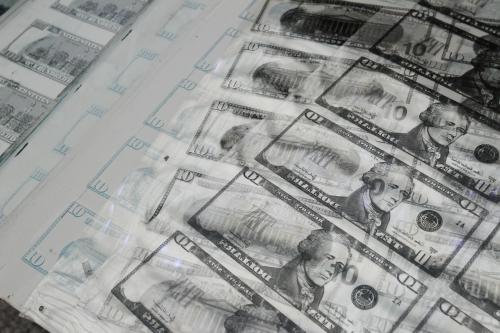
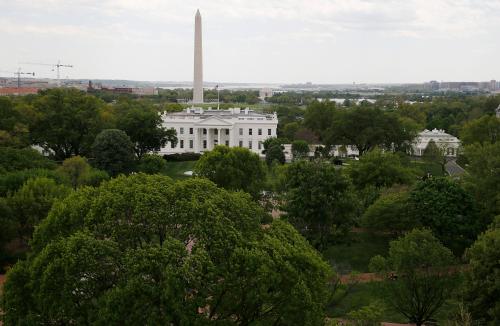

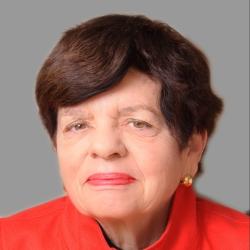
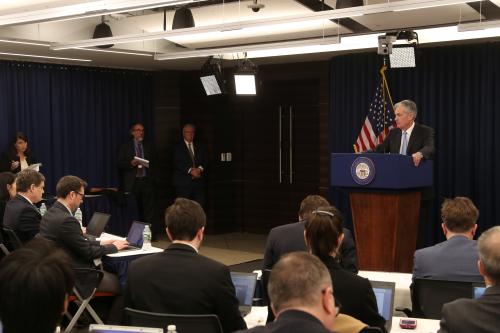
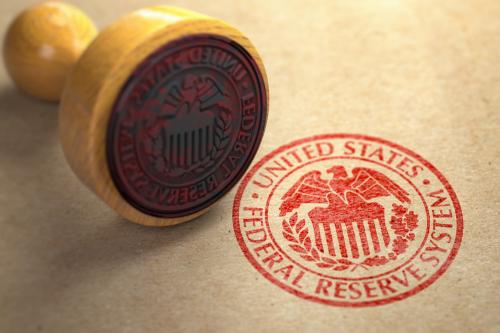
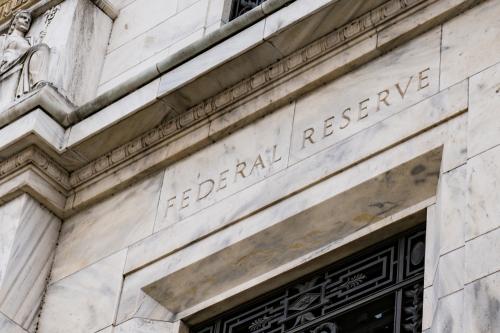
Commentary
Op-edPreviewing this week’s Fed meetings–and all the fuss
September 19, 2016